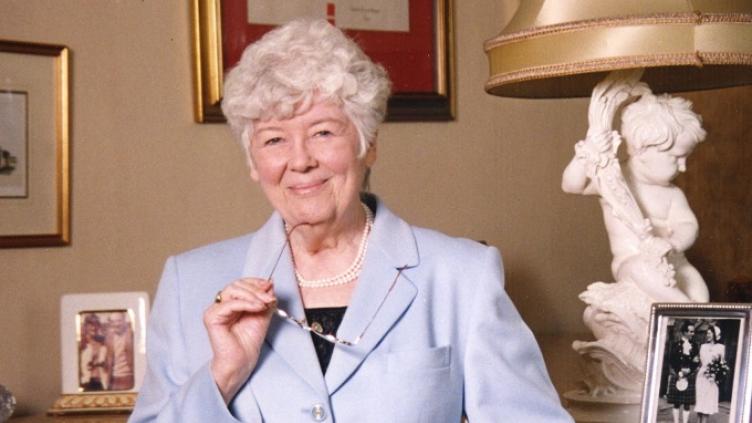On the 21st November 1620, one of the most important journeys in history concluded at its destination of the so called ‘new world’. The Mayflower had set sail from the maritime city of Plymouth, England, and had taken 66 days to reach what is now known as Cape Cod in the U.S. region of New England.
Fleeing from religious persecution, English Puritan Separatists had sought to establish their own colony in the ‘promised land’. This group would become known as the Pilgrims and their journey had started long before, travelling across Europe to Leiden (a city in South Holland), where they settled and started their own printing press. One of their first publications concerned Jamestown, a successful English colony across the Atlantic founded in 1607. Inspired by Jamestown, the ambitious Pilgrims set their sights on establishing their own colony in the new world, where they would be free to worship as they wished.
Although the people on-board were to become known as the Pilgrim Fathers, there were in fact nineteen family groups of men, women and children. 102 people living on one deck of the ship, along with their luggage, arms and supplies for the perilous journey ahead. The ship weathered ferocious storms, as well as violence and rebellion on-board which resulted in the creation of the Mayflower Compact. This contract was drafted to enable the passengers to maintain order by respecting rules during their journey and is popularly believed to have inspired the Declaration of Independence and the U.S. Constitution. Along with unrest on-board the Pilgrims also experienced sickness and the deaths of some of their passengers, but also one birth, a boy born who was aptly named Oceanus.
Two centuries later, many highland Scots made the same journey. Years of harsh economic depression, rather than religious oppression, was the reason for mass emigration from Scotland in the nineteenth-century. Emigration from Scotland was at its height in the late 1840s and early 1850s when the Scottish highlanders were starving as a result of potato famines and eviction from their homes. Landowners regarded sheep to be more profitable tenants on their land. Those who could not afford to pay a crofter’s rent were faced with either moving south to the Lowlands or resettling in a foreign country.
The Highland and Island Emigration Society was set up to help struggling families emigrate to Australia. Between 1852 and 1857 the society assisted the resettlement of around 5,000 Scottish men, women; many coming from the islands of Skye, the Long Island and Mull. Here we see the Ross family from Broadford, Skye, travelling on-board the ship Georgiana in July 1852:
The Ross family sailed on board Georgiana from Glasgow for Port Philip, Melbourne
Records of the Highland and Island Emigration Society, Crown copyright, National Records of Scotland, HD4/5
As with all emigres, the society gave the Ross family a promissory note of £7, nineteen shillings and six pence to help them start their new life, although this amount varied depending on their financial standing. The Georgiana, like the Mayflower before, reported mutiny on-board during its long voyage from Glasgow to Southern Australia, after a number of passengers insisted on leaving the ship in search of gold on-land.
The records of the Highland and Island Emigration Society (HIES) were made accessible on ScotlandsPeople in 2019 where you can discover more about the experiences of the families assisted by the Society.
There is a guide to researching emigration records on the National Records of Scotland (NRS) website as well as a list of useful websites for emigration ancestry. In addition, you can read our website feature Stories from St Kilda and listen to a podcast on the NRS blog Open Book,St Kilda: The Edge of the World.
The Mayflower’s anniversary commemorations this year are focusing on a theme of a shared past, not just of Americans, but of the indigenous people, and the English and Dutch. An art installation entitled ‘Speedwell’ consisting of large scale illuminated words on the Plymouth Mountbatten Breakwater is a reflective piece, hoping to inspire discussion on colonisation and the impact of the Mayflower’s journey.


